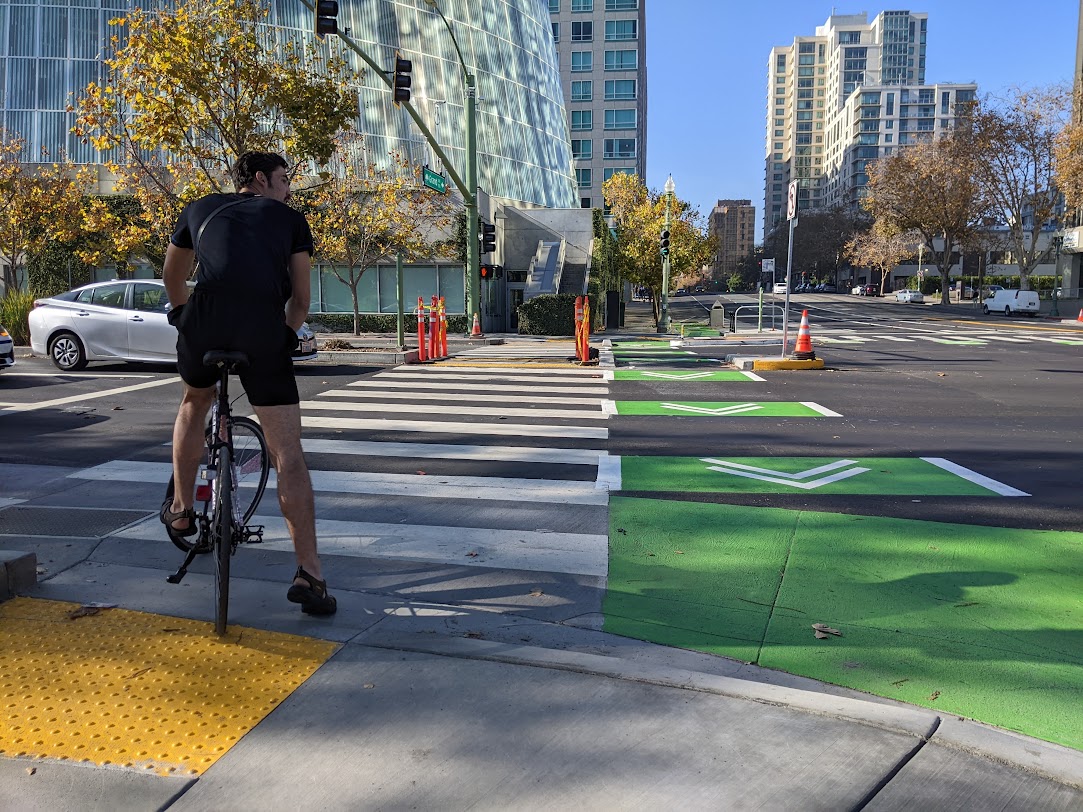Via Shane Phillips at Planetizen: A new study published in the Transportation Research Record confirms that windshield perspective is all-too real. Observing the world from behind the wheel, it turns out, has a powerful influence on our judgments about places and even people.

Researchers found that people driving a car tend to view unfamiliar, less-affluent neighborhoods more negatively than people who were walking, biking or taking transit. In affluent neighborhoods, the inverse effect took hold, and drivers had a more positive view of the surrounding area than other people did.
The study found drivers, pedestrians, transit riders, and cyclists even perceived the same event -- two children fighting over a piece of paper -- differently, reports Eric Horowitz in the Pacific Standard:
The researchers found that participants who saw the video from the perspective of a car rated the actors higher on negative characteristics (threatening, unpleasant) than participants in the other three conditions. Participants who saw the video from the perspective of the pedestrian rated the actors higher on positive characteristics (considerate, well-educated) than those in the car condition.
The research team, from the University of Surrey, also found that, compared to people who aren't driving, motorists tend to have more negative attitudes toward young people.
Researchers speculate that the gap in perception stems from the fact that drivers are exposed to less information than walkers, bikers, and transit riders. Because they are insulated from the environment around them, they are more likely to make snap judgements that confirm superficial biases.
Horowitz says the findings could help explain why people who live in cities for a while tend to remain in them. Meanwhile, Phillips sees it as a potential factor in negative attitudes toward cities among rural or suburban dwellers.




